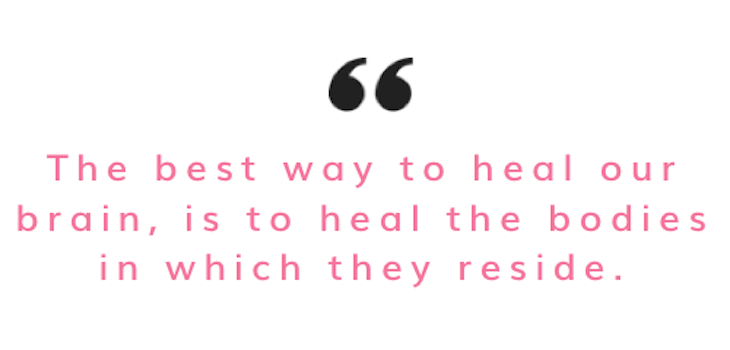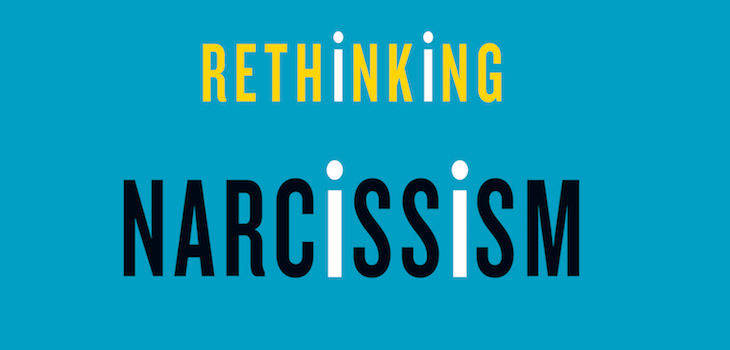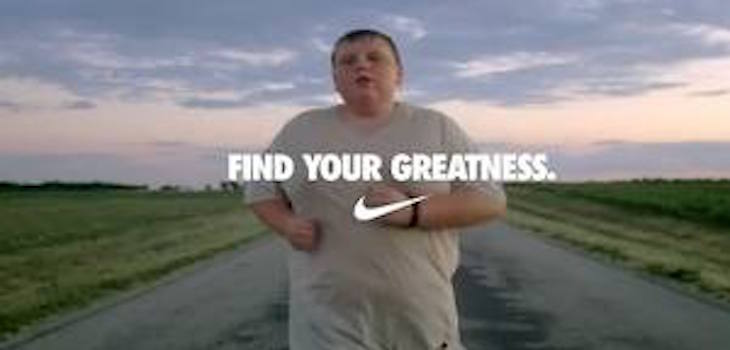I’ve had the opportunity, on more than one occasion, to watch Amy Cuddy’s Ted Talk on Body Language. The research she did along with her colleague at Berkeley, showed that its not that our body language is a reflection of who we are but that who we are is a reflection of our body language. They came to this conclusion through a series of experiments where participants were asked to engage in a behavior (gamble) after engaging in a low power or high power pose for two minutes. Objective testing of hormones found that high power posturing raised testosterone and lowered cortisol and low power posturing lowered testosterone and raised cortisol. They also had their effect on the outcome-gambling.
Body language and power/non-power positions are crucial in communication and communication is central to relationships with others and with ourselves. It’s central to connection and central to negotiation. I love her talk for not only its content but because she is exactly what she says is important-present. it’s not so much what you speak about but how you do it (which, BTW, is the case for much of life and interactions in general).
I also love the talk because she says “tiny tweaks can lead to big changes”. Although much of life is that we get what we put into it-there are instances where the ‘big bang for the buck’ phenomenon comes into play. You can access it here.
Another personal favorite-also in the ‘presence’ family-is meditation. Therein also I apply the tiny tweaks can lead to big changes philosophy. Also at Harvard, where extensive research has and is being done on meditation, did they find that daily meditation for eight weeks found changes in the amygdala as found on MRI. There are many forms of meditation-to include guided, silent, walking and even eye-open meditation. I ask my patients to invest 5 minutes twice a day for three months minimum in ‘mini meditation’, noting the cumulative changes in their internal state (or ‘vibration’). (I also ask them to place no assessment on their personal therapy until they are twice weekly for three months). While, unlike these Harvard researchers who used a laboratory, I have not measured nor scientifically analyzed the data, I have heard, even from skeptics, that this is effective.
So what do posing and mini-meditation both have in common-they are both tiny tweaks that can lead to big changes.
You are welcome to access this meditation directly on my website.






